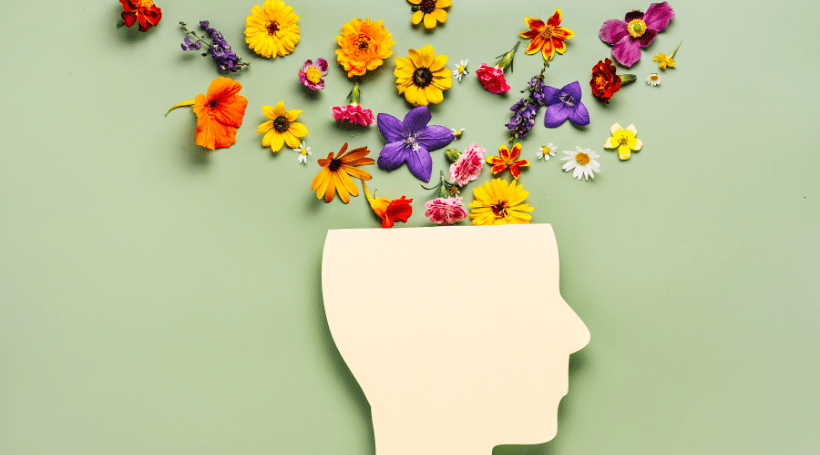May is mental health awareness month, so we caught up with Oaks Integrated Care Vice President Vivienne Stewart to get tips on how to care for our own mental wellness.
Know yourself
Being around people is great, but not everyone feels energized by interacting with others. And it’s just as important to know what’s best for yourself – and to act on it – as it is to feel connected with people, says Stewart.
“You have to be able to fill your cup,” Stewart says. “Some people do that just by being around people all the time, others need to be alone to refill that cup. It takes time and maturity to be able to say, ‘I’d love to see you, but not tonight. I have to be by myself.’ That takes time.”
And just because it seems like you’re connected with a lot of people, Stewart says, doesn’t mean you actually are. She sees this happen mostly with people who are constantly online.
They may be part of this large community, but they actually feel very isolated. “It’s like they’re a part of a big group, with all these followers, on a screen, but they don’t have those personal best friends. The person who you can have a sleepover with.”
Put the phone away
Sleep is an extremely important tool for maintaining your mental wellness, says Stewart. When we are sleep deprived, we become more susceptible to mental unwellness. So getting the right amount of sleep – and especially good sleep – should be a top priority.
“Having your screen with that blue light really disrupts your sleep pattern,” she says. “As soon as you wake up in the middle of the night and look at your phone to see what time it is, that immediately disrupts your sleep cycle.”
Remember the basics
In addition to getting enough sleep, there are a few other basics that can help with your mental health – like eating right, exercising and finding work/life balance. It may seem simple, and we all know we should be doing these things, but it can be hard to stick with it, says Stewart.
“It’s like a three-legged stool: eat, sleep and exercise,” she says. “And then setting boundaries to help with your work/life balance. It can be difficult, when you clock out, to turn it off, but you have to work with staff on setting boundaries to take care of yourself.”
Track
Another tool that Stewart uses at Oaks is tracking. Track everything and anything. “If you can record it, it can be changed,” she says. “That’s why we do written goals with people.”
Whether you’re tracking how much you sleep, what you’re eating, how much water you’re drinking, what the weather is or any other factor you can think of, make sure you also track how you’re feeling. That will help you determine if any changes to your habits or behaviors can affect your mood.
When to talk to a professional
Everyone’s experience with their own mental health and mental wellness will be different, so that can make it difficult to recognize when you should consult a professional. But Stewart has a rule of thumb to follow.
“You should meet with a professional when it’s either interfering with your daily functioning or when you see a change in your daily behaviors,” she says.
That could mean you don’t enjoy the things you used to or you find yourself withdrawing from relationships. And she especially urges people to seek help when others start pointing out these changes to you.
“We don’t always see those things ourselves,” she says. “We’re not always that perceptive about ourselves.”









